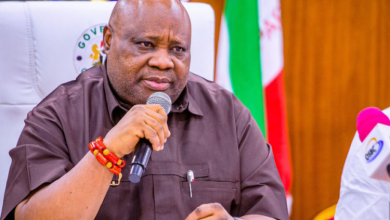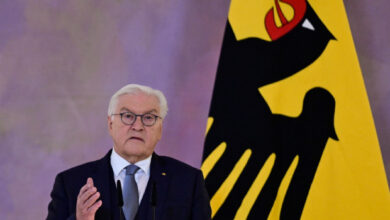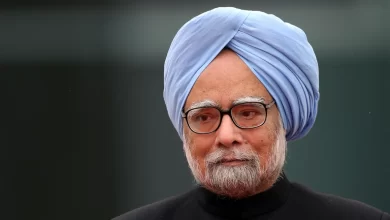Internet Blackout In Congo As Nguesso, 77 Sets to Secure Fourth Term

The Republic of Congo voted in a presidential election boycotted by the main opposition and attacked by critics as tilted towards veteran leader Denis Sassou Nguesso, on Sunday.
Access to the internet and social media was cut hours before polls opened at 7 am (0600 GMT).
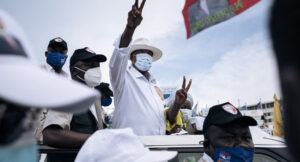
The 77-year-old Sassou Nguesso is widely expected to win against six contenders, led by economist Guy-Brice Parfait Kolelas, who revealed Saturday that he is gravely ill with Covid-19.
Sassou Nguesso, a former paratrooper, first rose to power in 1979 and has since accumulated 36 years in office, making him one of the world’s longest-serving leaders.
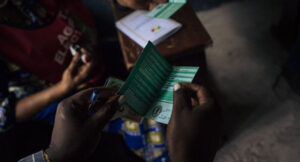
He is hoping for a first-round victory to secure a fourth term running the central African oil exporter.
Speaking after he cast his own vote, Sassou Nguesso said that the “atmosphere of peace” during the election campaign — marked by police crackdowns on the opposition — was “a good sign for our democracy”.
But when asked about security when election results are announced, which triggered a wave of violence at the last vote in 2016, he responded: “I’m not God”.
Sassou Nguesso also confirmed that a medical plane had arrived in capital Brazzaville that could bring his opponent Kolelas to Paris for treatment on election day, wishing him “get well soon”.
Kolelas had posted a video message Saturday from his sickbed, declaring he was “battling against death” after taking off a respiratory mask.
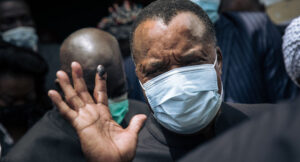
“Rise up as one person… I’m fighting on my deathbed, you too fight for your change,” he urged supporters, saying the election was “about the future of your children” before replacing his mask.
Kolelas, 60, tested positive for Covid-19 on Friday, and is to be transferred to France on Sunday for treatment, his campaign manager Cyr Mayanda said.
The runner-up in 2016’s presidential election, Kolelas is the only major candidate remaining to face Nguesso.
– Doubts and boycotts –
Congo’s Catholic Church episcopal conference has expressed “serious reservations” about the ballot’s transparency and had said Sunday that it feared an internet shutdown.
About 50 organisations, including Internet Without Borders, had last week appealed to the president to “keep the internet open, accessible and safe during the whole of the 2021 presidential election period”.
Unlike in the previous election in 2016, telephone communications were still available on Sunday.
The largest opposition group, the Pan-African Union for Social Democracy or UPADS, is boycotting the poll.
UPADS — the group of former president Pascal Lissouba, who died in France last August — is the only opposition party to have a parliamentary group in the current national assembly.
Flanked by its giant neighbor the Democratic Republic of Congo as well as Gabon, the former French colony has abundant oil reserves and most of its budget comes from petroleum revenue.
But its economy is in a slump, hurt by a collapse in world crude oil prices, long-standing debt, and the pandemic, as well as being saddled with a reputation for corruption.
On the campaign trail, Sassou Nguesso has focused on agricultural development and portrayed himself as a defender of Congo’s youth — the average age of the population of five million is just 19, according to UN figures.
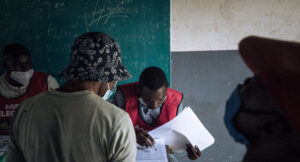
After first coming to power in 1979, Sassou Nguesso was forced to introduce multi-party elections in 1991 and was defeated at the ballot box a year later.
But he returned to power in 1997 following a prolonged civil war.
He has won every election since, which the opposition have mostly slammed as fraudulent.
A constitutional amendment in 2015, which ended a ban on presidential candidates aged over 70 and scrapped a two-term limit, allowed Sassou Nguesso to run again a year later.
Two rivals who contested the 2016 results — former army general Jean-Marie Michel Mokoko and ex-minister Andre Okombi Salissa — were later jailed for 20 years, effectively sidelining the opposition.
